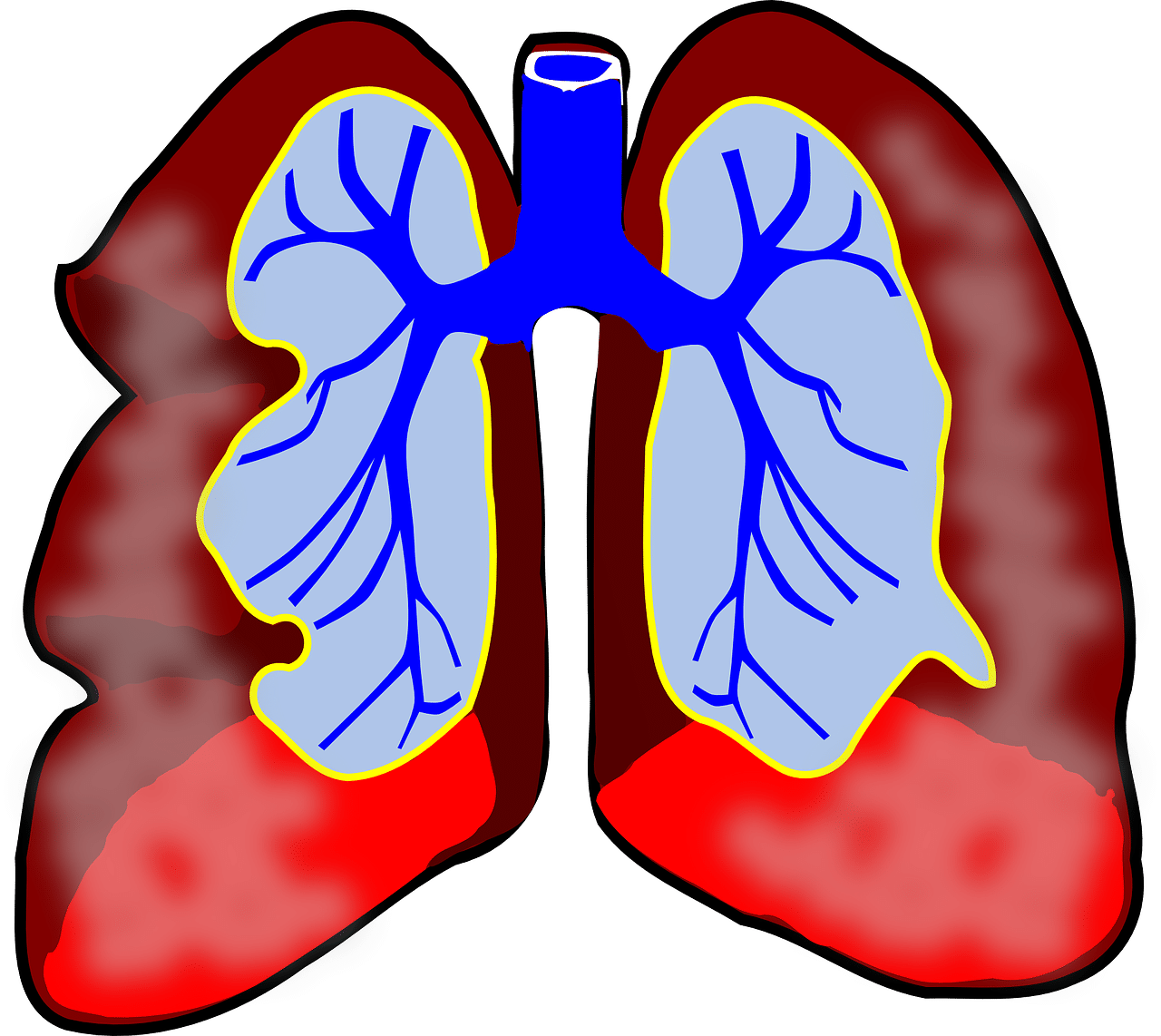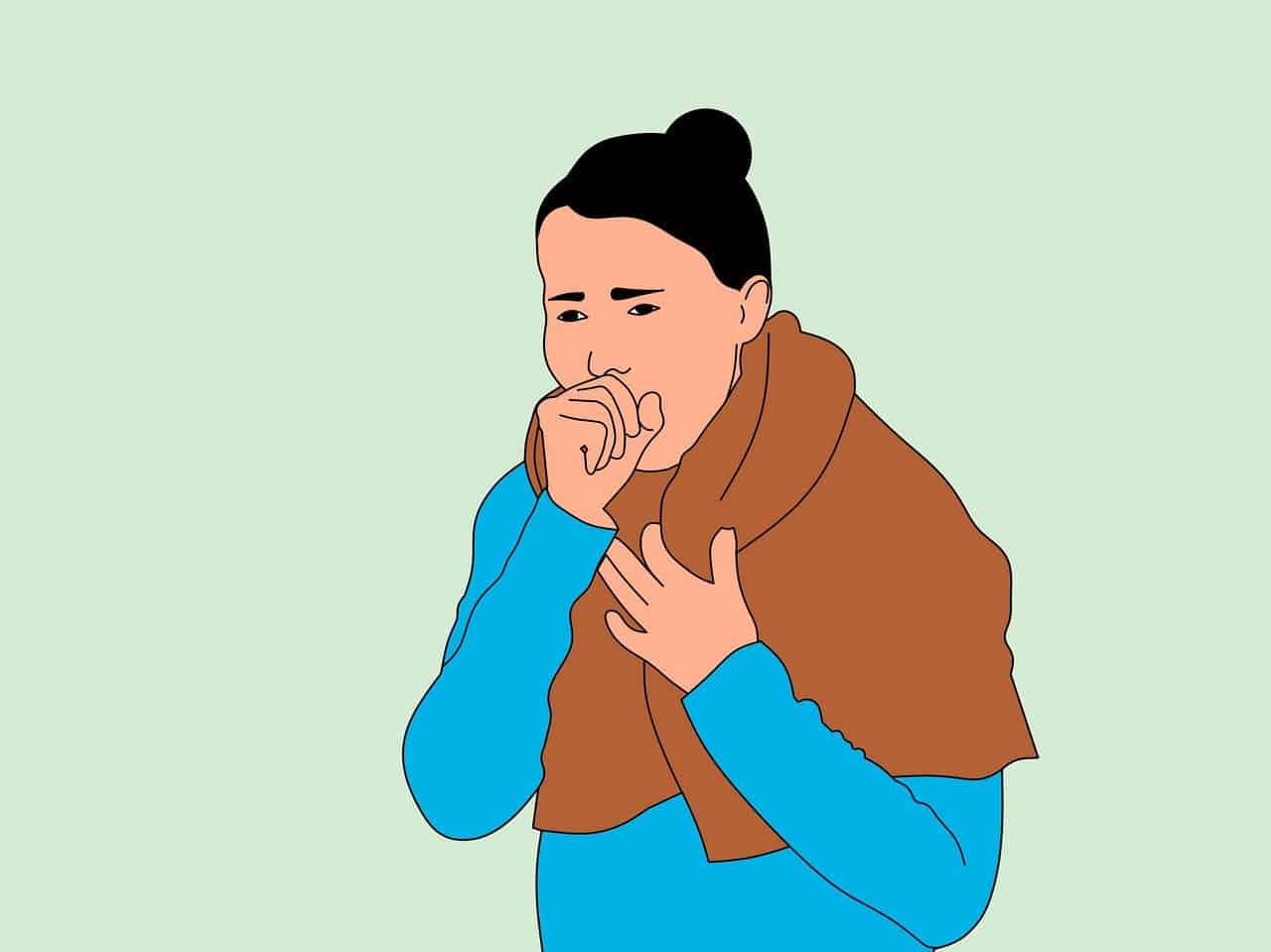
Bronchitis is an acute or chronic inflammation of the mucous membrane of the bronchi.
Bronchitis is chronic or acute inflammation of the mucous membrane of the bronchi , which constitute the main airways to the lungs. This inflammation causes tightness in the chest, shortness of breath and cough (which may be accompanied by expectoration of mucus).
Chronic bronchitis is part of COPD (Chronic Obstructive Pulmonary Diseases) and is characterized by difficulty in getting air in and out of the lungs. Breathing dust or smoke for prolonged periods and smoking are the main causes of chronic bronchitis, a disease that can be treated to relieve symptoms but never completely disappears.
This chronic bronchitis can favor the development of recurrent infections in the respiratory tract and lead to the appearance of pulmonary hypertension, heart failure and emphysema. In all cases, it is important to go to the doctor to determine the appropriate treatment for each patient.
Acute bronchitis
Acute bronchitis , on the other hand, is a viral illness (caused by a virus ). It begins with sinusitis, runny nose and sore throat and then reaches the respiratory tract, with a dry cough that usually lasts several weeks. Once affected by acute bronchitis, it is common for the patient to contract a secondary bacterial infection in the respiratory tract.
Acute bronchitis that does not present underlying lung disorders, on the other hand, usually disappears within seven to ten days, although the cough may persist for longer.

Cough is one of the effects of bronchitis.
Diagnosis and prevention
When making a diagnosis , doctors usually perform physical analyzes (the best-known method being auscultation of lung activity with the help of a stethoscope ) and ask a series of questions to clearly identify the symptoms, without allowing preconceptions. and information obtained from unreliable sources that patients often experience interferes with observation. It is important to emphasize that diseases such as pneumonia or asthma present similar symptoms, which is why it is essential to rule them out during this process.
To avoid the appearance of this disease, it is recommended to maintain the habit of washing your hands before meals and when you return home after having been on the street, not frequent closed places where many people gather, avoid the tobacco (whether through consumption or contact with smoke), respect the recommended hours of sleep and eat a healthy and nutritious diet . It is worth mentioning that bronchitis, as well as other more common and less serious conditions, are more likely to appear in the coldest and rainiest times of the year.
Bronchitis treatment
The most common treatment is usually based on the consumption of fever reducers, analgesics (to treat headaches) and medications to reduce cough attacks; The use of inhalers is also indicated, which promote dilation of the bronchi. Likewise, it is of great importance to rest as much as possible , perform steam inhalations and drink large amounts of water to help dissolve lung phlegm.
Regarding antibiotics, they are not indicated in cases of acute bronchitis, since its origin is usually viral; They are only prescribed if the doctor orders a culture analysis and the presence of bacteria can be confirmed. On the other hand, since chronic bronchitis is commonly accompanied by bacterial infections, it is generally treated with antibiotics.
As in other cases, many people recommend treatments with natural medicine, whether they complement those indicated by a doctor or replace them completely; The best known are phytotherapy (the consumption of certain species of plants), aromatherapy (with essential oils) and lymphatic drainage (through massages).
